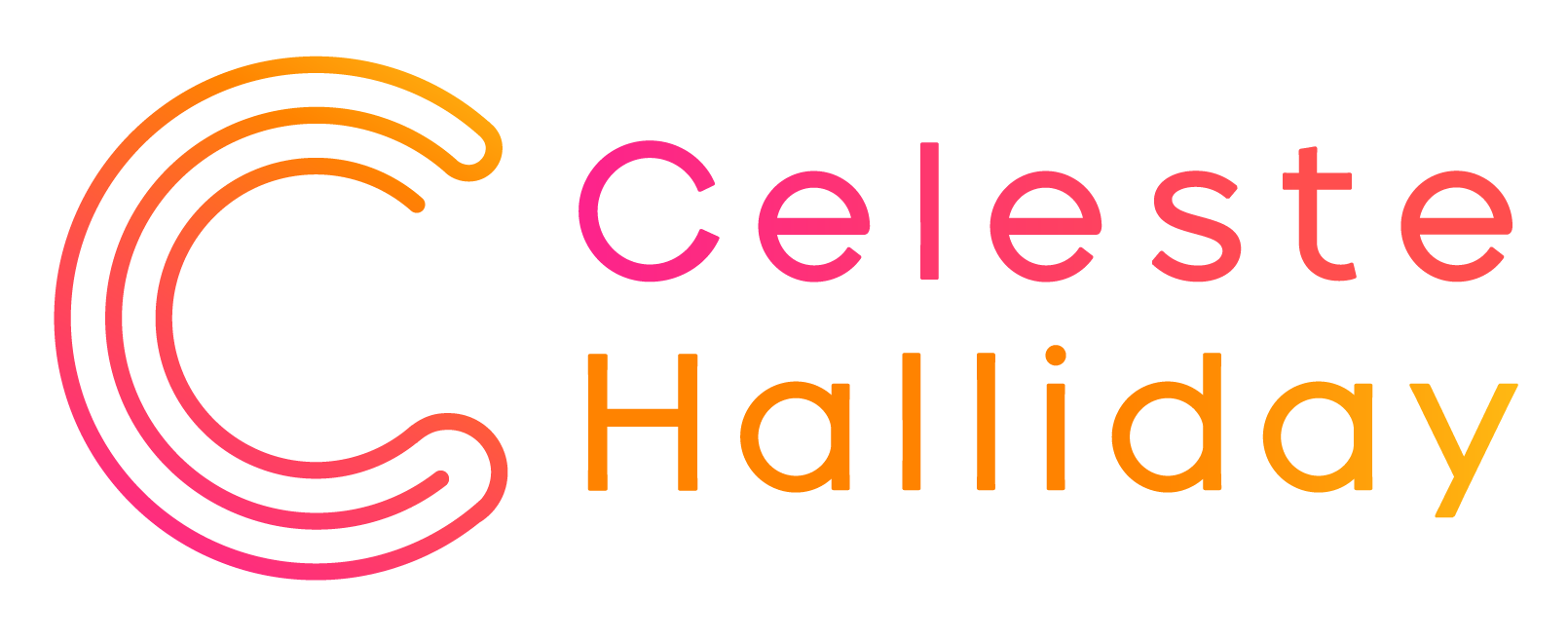When I first started writing this newsletter, I wanted to make sure that it resonated with you and that it would help to make a difference in the way you work and lead. At first it was a little like writing into an abyss… reaching out into a black hole and I had to put all of my own advice about vulnerability and authenticity into practice on myself. And then (happily!), a whole bunch of brilliant humans appeared in that black hole, reaching right back. Thank you. For your likes and comments on LinkedIn, your emails and personal messages, thank you. I have not only felt more connected, you have also stretched my thinking and reminded me that I am not alone in wanting to change the way the world works, by changing the way that work works.
It’s been a salient lesson for me; to reach outwards not just inward… and to remember to say thank you.
So thank you, I really am very grateful.
Thank You – The Business Case
Adam Grant in his book Give and Take and this article in the New York Times says: “The greatest untapped source of motivation is a sense of service to others; focusing on the contribution of our work to other people’s lives has the potential to make us more productive than thinking about helping ourselves.” Simply put: thanking people for all that they do for us.
Saying thank you makes a difference. It is spoken about so often that reminding leaders to say ‘thank you’ sounds a bit trite. However, the reality is that very few of us say thank you often enough and to enough people.
The Gratitude Gap
In the article The big benefits of a little thanks Grant, joined by Francesca Gino of Harvard Business School, notes that while about half of us will say thank you to those we are immediately related to, “only 15% of us say thank you at work. And 35% of people in the survey said that their managers never said thank you”.
Thirty-five percent! That is a frightening number.
When Grant and Gino had looked into why, they found it was because we grossly undervalue the power of saying ‘thank you’.
There’s two main reasons that Gino outlines in her article Be grateful more often to ‘up’ your thank you game:
For Ourselves – feeling grateful has several beneficial effects on us: gratitude enables us to savour positive experiences, cope with stressful circumstances, be resilient in the face of challenges and strengthen our social relationships.
For the people we thank – expressions of gratitude increase prosocial behaviour by enabling people to feel socially valued. A simple thank you can go a long way in lifting someone’s self-worth.
Thank You Drives Performance
In one study, simply saying thank you for the work being done increased productivity by 50%.
Related studies in practicing gratitude by Emmons and McCullough showed that we experience all sorts of positive emotions when we’re focused on gratitude. We are ‘more attentive, alert, energetic’ and feel happier about life in general. There are also some positive physical outcomes. We tend to engage in more healthy behaviors, like going to the gym more often and sleeping better. We even develop fewer symptoms related to illness. On top of this, we feel more helpful and connected to others.
And conversely, a set of studies by Grant and Gino found that when someone wasn’t thanked for their help, their future rates of helping people were immediately cut in half.
It’s Not All About You
Heidi Grant Halvorson’s article Stop making gratitude all about you outlines recent research that suggests: “People often make a critical mistake when expressing gratitude. They focus on how they feel — how happy they are, how they have benefited from the help — rather than focusing on the benefactor.”
It’s that old adage ‘treat someone the way you want to be treated’ which has never really worked. What we should be doing is working out how to ‘treat someone the way they want to be treated’. The same goes with saying thank you.
As Halvorson says, “Yes, your helper wants you to be happy, but the motivation to be helpful often is tied directly to our own sense of self-worth. We help because we want to be good people, to live up to our goals and values, and, admittedly, to be admired.”
An Attitude of Gratitude
Reflecting on his career as Chairman and CEO of Mattel (one of Fortune’s Best Companies to Work For for six years running under his tenure) Robert A Eckhert called thank you The Two Most Important Words and credited gratitude as one of the keys to his success. He shared the following tips that helped him to say thank you effectively:
Set aside time every week to acknowledge people’s good work.
Handwrite thank-you notes whenever you can. The personal touch matters in the digital age.
Punish in private; praise in public. Make the public praise timely and specific [Although I would urge you to remember the above – thank people the way they would like to be thanked, many people, particularly those of us who are more introverted, would prefer private praise.]
Remember to cc people’s supervisors. “Don’t tell me. Tell my boss.”
Foster a culture of gratitude. It’s a game changer for sustainably better performance.
Thank you for reading… now, who can you thank today?


